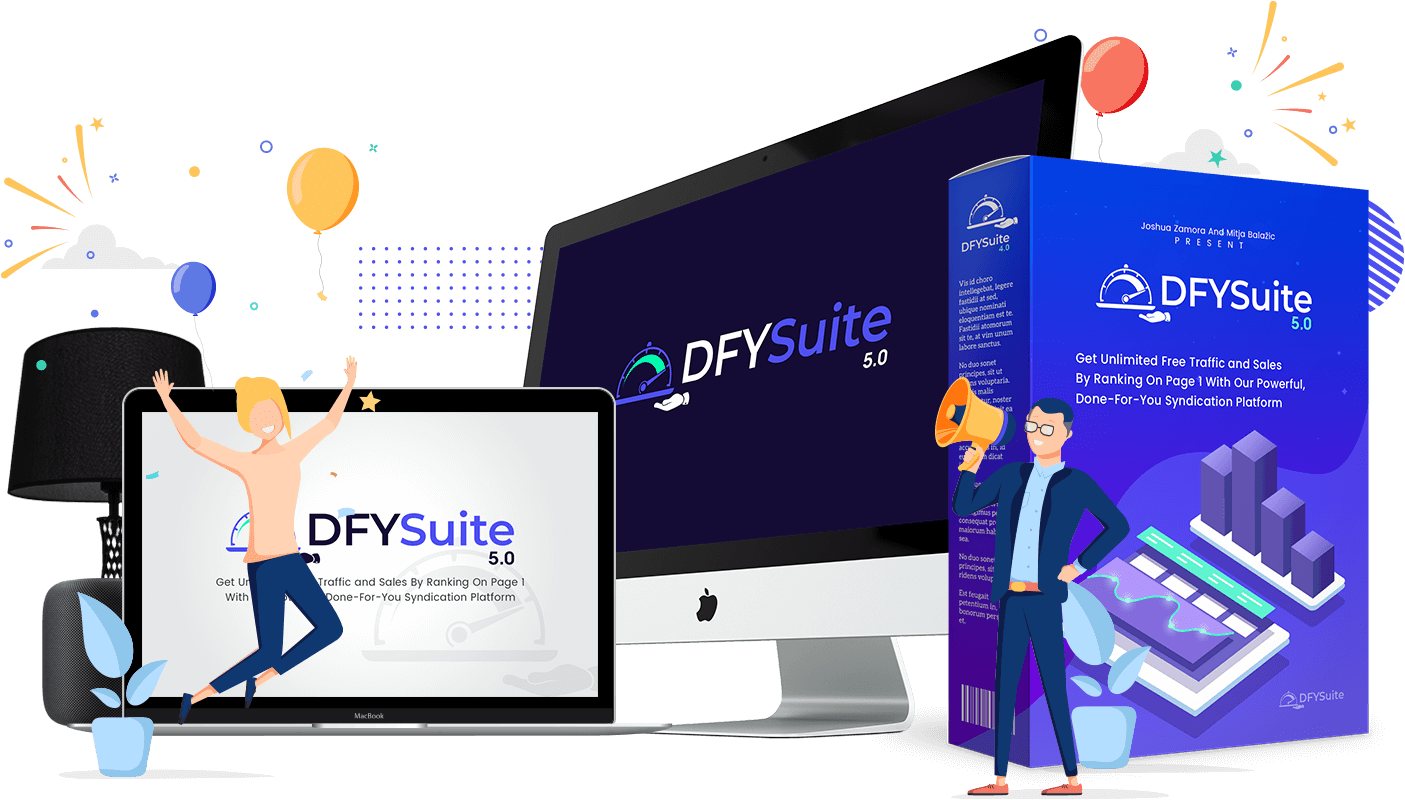Efficiently debugging and optimizing code in a Content Management System (CMS) is crucial for maintaining a smooth and high-performing website. In this chapter, we'll explore valuable tips for debugging code issues and optimizing your CMS-based website's performance quickly.
1: Understanding Code Debugging and Optimization
Learn about the importance of identifying and rectifying code issues to ensure your CMS-based website functions seamlessly and delivers an optimal user experience.
2: Use Debugging Tools
Leverage debugging tools provided by your CMS or integrated development environments (IDEs) to identify and troubleshoot issues in your code efficiently.
3: Check Error Logs
Regularly monitor error logs to detect any anomalies or errors in your website's performance. Error logs provide valuable insights into code-related issues.
4: Isolate the Issue
When encountering a bug or performance bottleneck, isolate the problematic code segment to focus your debugging efforts on the root cause.
5: Review Recent Changes
If issues arise after making code changes or updates, review recent modifications to identify potential sources of errors or conflicts.
6: Optimize Database Queries
Optimize database queries by reducing redundant or resource-intensive queries. Utilize indexing and caching techniques to enhance database performance.
7: Minimize External Requests
Minimize the number of external requests, such as third-party scripts or APIs, to enhance page loading speed and reduce potential points of failure.
8: Compress and Cache Assets
Compress images, scripts, and stylesheets to reduce file sizes and improve website loading times. Implement browser caching to store assets locally for quicker access.
9: Implement Browser Caching
Utilize browser caching to store frequently accessed resources locally on users' devices, reducing the need to fetch them from the server repeatedly.
10: Regular Updates and Maintenance
Keep your CMS, plugins, and themes up to date to ensure compatibility, security, and optimal performance. Regularly audit and clean up your codebase to remove deprecated or unused elements.
Conclusion
Debugging and optimizing code within a CMS environment can significantly impact your website's performance and user satisfaction. By following these tips, utilizing debugging tools, and implementing optimization techniques, you can quickly identify and rectify issues, resulting in a high-performing CMS-based website that delivers an exceptional user experience. Regular maintenance and updates are key to sustaining these improvements and ensuring your website remains efficient and reliable.























Leave a Reply